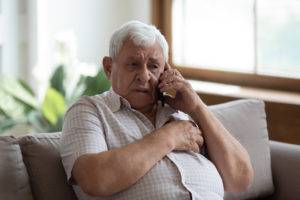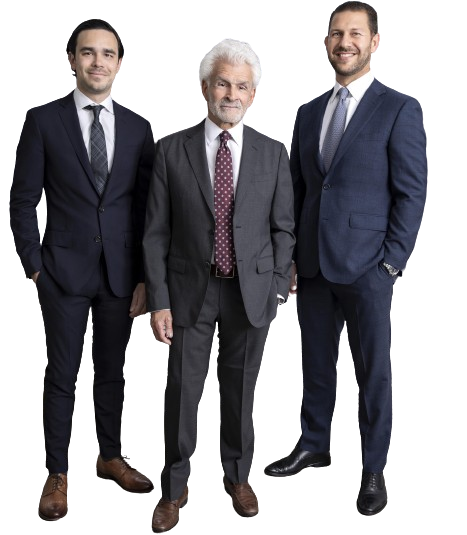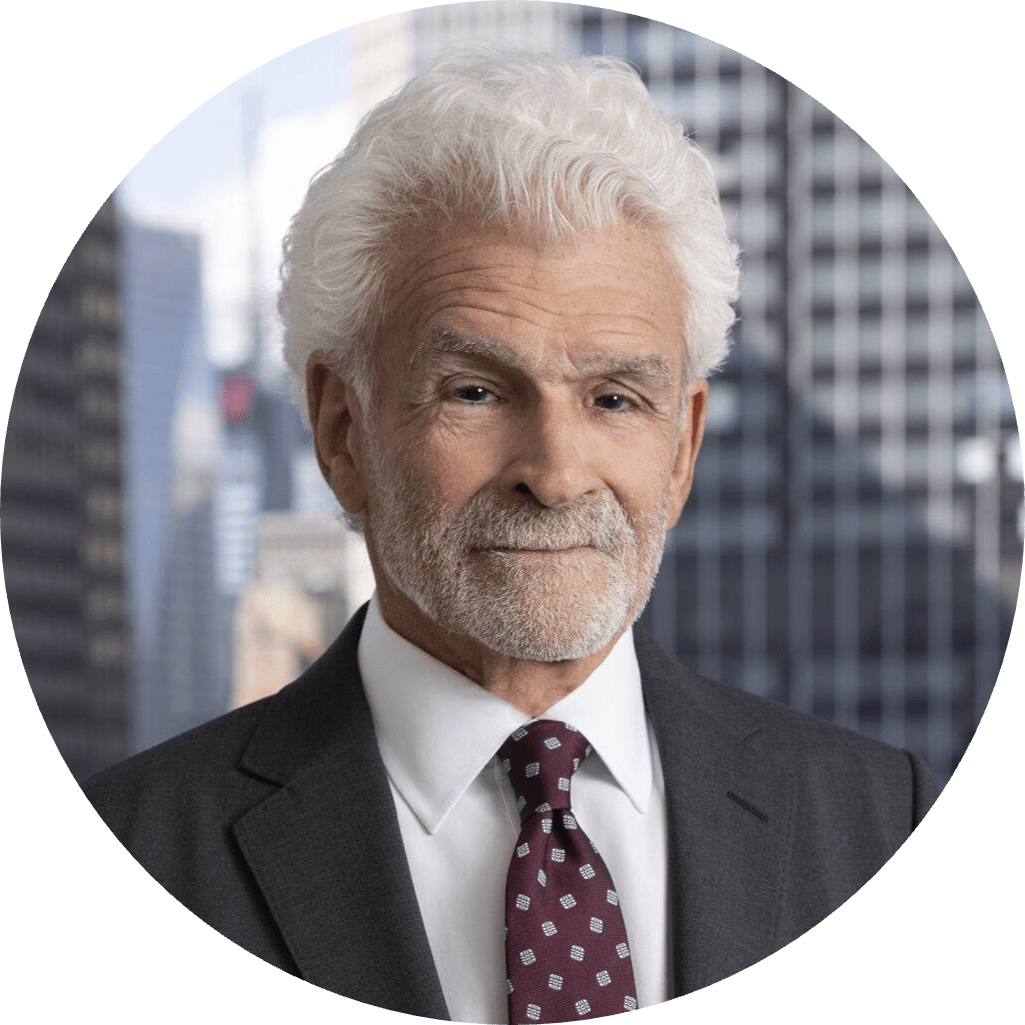
Elder abuse is not always easy to detect, but that doesn’t make it any less of a concern for families with aging relatives. Elder abuse can happen in nursing homes, assisted living facilities, or even at the hands of a caregiver. Regardless of the source, it’s important for families to recognize the signs and understand what legal options they have to protect their loved ones. In New York, elder abuse laws provide legal recourse for families, but knowing how to identify and address the issue is the first step to stopping it and getting justice.
How Does New York Define Elder Abuse?
In New York, elder abuse is defined as any intentional act, or failure to act, that causes harm or distress to an older adult (typically someone over the age of 60). The abuse can take many forms, including physical abuse, emotional abuse, sexual abuse, financial exploitation, and neglect.
New York Penal Law and Social Services Law outlines various forms of elder abuse and provides legal remedies for victims. Specifically, New York’s Adult Protective Services (APS) agency is tasked with investigating claims of abuse and intervening when necessary. Elder abuse may be perpetrated by caregivers, family members, or others in positions of trust.
Have You Been Injured In An Accident? Contact Morelli Law
877-751-9800The Types of Elder Abuse
There are several distinct types of elder abuse recognized in New York:
- Physical Abuse: This includes acts of violence such as hitting, slapping, pushing, or restraining an elderly person. Physical abuse can also involve the improper use of medications or force-feeding.
- Emotional or Psychological Abuse: Emotional abuse includes verbal assaults, threats, humiliation, or harassment. It may involve isolating the elderly individual from friends and family or intentionally causing them distress.
- Sexual Abuse: Any non-consensual sexual contact with an elder is considered sexual abuse. This includes unwanted touching, sexual assault, or rape.
- Financial Exploitation: This form of abuse involves unauthorized use of an elder’s funds, property, or assets. Financial exploitation can be committed by anyone who has access to the elder’s finances, such as caregivers, family members, or even employees of a financial institution.
- Neglect: Neglect occurs when a caregiver fails to provide necessary care, resulting in harm to the elderly person. This includes failing to provide food, shelter, medical care, or basic hygiene.
- Abandonment: Abandonment involves deserting an elder who relies on the caregiver for daily needs and care.
Learn to Recognize The Signs of Elder Abuse
Recognizing the signs of elder abuse is critical for family members and friends who suspect their loved one may be a victim. Some common warning signs include:
- Physical Signs: Unexplained bruises, cuts, broken bones, or burns. Sudden changes in physical condition, such as weight loss or bedsores, may also indicate neglect.
- Emotional Signs: Depression, anxiety, withdrawal, or fearfulness, particularly in the presence of certain caregivers or family members.
- Financial Signs: Unexplained withdrawals from bank accounts, sudden changes in financial documents or wills, or missing property.
- Signs of Neglect: Poor personal hygiene, unsanitary living conditions, dehydration, or malnutrition.
- Behavioral Signs: An elder who seems fearful, withdrawn, or reluctant to talk about their circumstances may be experiencing abuse.
Contact our personal injury lawyers today
877-751-9800Who Can Commit Elder Abuse?
While many people automatically associate elder abuse with nursing homes, it can be committed by a range of individuals, often those who are in a position of trust or authority over the elderly person. These can include:
- Family Members: In some cases, a close relative who has access to the elder’s finances or is responsible for their care may engage in abusive behavior.
- Caregivers: Paid caregivers or employees of nursing homes and assisted living facilities may physically, emotionally, or financially abuse elders.
- Friends: In rare cases, even friends or neighbors can engage in financial exploitation or other forms of abuse, particularly if they have access to the elder’s property or funds.
- Healthcare Professionals: In a nursing home or assisted living environment, staff members may be responsible for acts of neglect, physical abuse, or other forms of mistreatment.
Who to Contact If You Suspect Elder Abuse
If you suspect elder abuse, it is crucial to take immediate action. The following steps are recommended:
- Contact Adult Protective Services (APS): In New York, APS is responsible for investigating elder abuse claims. They can be contacted through your local Department of Social Services or directly through the New York State Office for the Aging.
- Call the Police: If the elder is in immediate danger, contact the police or emergency services for immediate intervention.
- Consult an Attorney: Consulting a personal injury or nursing home abuse lawyer is essential for understanding your legal rights and options. An experienced lawyer can help you navigate the legal process and work to secure justice and compensation for your loved one.
How to Prove Elder Abuse in Court
Proving elder abuse in court requires gathering evidence to demonstrate that the abuse took place. This can include:
- Medical Records: These can provide documentation of injuries, signs of neglect, or mistreatment.
- Financial Documents: Bank statements, legal documents, and wills can show evidence of financial exploitation.
- Testimony From the Elder: If the elder is able, their testimony can play a critical role in proving abuse.
- Eyewitness Accounts: Caregivers, family members, or others who have witnessed the abuse can provide statements or testify in court.
- Photographs: Documenting injuries, living conditions, or other signs of neglect can help establish a pattern of abuse.
Get Help Today
Elder abuse is a serious matter, and you have options if you believe your loved one is being abused. New York laws provide a strong framework to protect vulnerable seniors. If you suspect that a loved one is being abused by a family member, caregiver, or employee of a care facility, act swiftly to protect them. At Morelli Law Firm, our attorneys work with victims of nursing home abuse to help them get the compensation and justice they deserve. Get in touch with our team today for a free consultation.
Call or text 877-751-9800 or complete a Free Case Evaluation form



